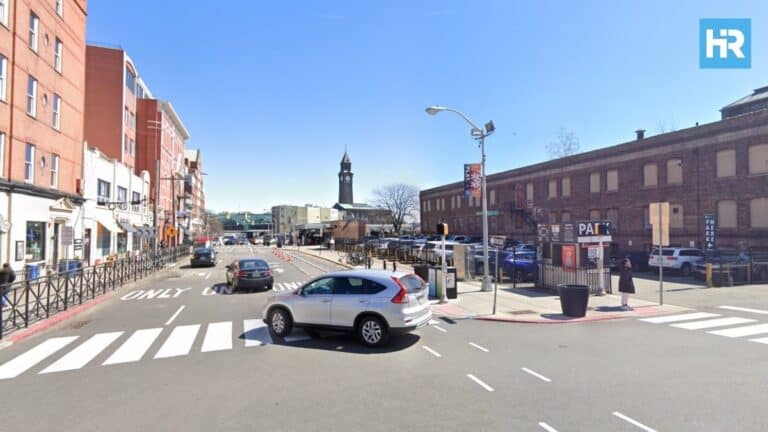
The city plans to invest over $500,000 annually to support the Hoboken Public School District and three local charter schools.
This money will come from special agreements with developers, known as PILOT agreements, and will be managed through new School Improvement Trusts.
With the Hoboken City Council set to vote on this proposal soon, there’s hope that this initiative will make a real difference for students across the city.
- Hoboken City Council is about to vote on a plan to give more than $500,000 yearly to the city’s public schools, including three charter schools.
- The money comes from special deals with developers (PILOT agreements) and will be managed through new School Improvement Trusts, a first in New Jersey.
- This plan represents a major team effort between public and charter schools, helping to ease old tensions and work together for better school funding.
Hoboken’s Plan to Invest $500,000 a Year in Schools
Hoboken’s city government is about to make a big decision that could change the future of local education.
Soon, the Hoboken City Council will vote on a proposal to give more than $500,000 yearly to the city’s public school district and three local charter schools.
This money, coming from Payment in Lieu of Taxes (PILOT) agreements with developers, is a fresh and creative way to fund public schools in New Jersey.
A New Way to Fund Schools: School Improvement Trusts
If this plan is approved, the money will go into four new School Improvement Trusts, one for each school district in the city. This funding approach is the first in the state to show a new way to support schools financially.
The money comes from two big developments: 770 House and the Hoboken Connect project.
These PILOT agreements have been controversial, especially about whether they should help fund schools. Before 2007, these deals didn’t usually include money for schools, which left some gaps in funding.
Councilman Ruben Ramos, a public school teacher for almost 27 years, pointed out how important this plan is because it finally delivers on a promise made years ago to include schools in these agreements.
The funds, which will increase by 2% each year, can be used for many different purposes, such as fixing up school buildings, paying off debt, buying equipment, or even buying more property.
Working Together After Years of Disagreements
One of the best parts of this plan is bringing the public school district and the three charter schools in Hoboken—HoLa Dual Language School, Hoboken Charter School, and Elysian Charter School—together.
These schools, which started between 1997 and 2010, have often disagreed with the public school district, especially about money and expanding the charter schools.
In the past, there were fights over who should receive money from deals like the one with 770 House. The Hoboken School District even took legal action against some charter schools because it worried about losing students and funding.
But this new plan shows how things are changing. A subcommittee of the City Council, including Councilwoman Tiffanie Fisher, spent over a year working on a solution that everyone could agree on.
Consequently, the plan raises needed funds and eases tensions between public and charter schools.
She highlighted how important it is that everyone is now working together, which benefits not just the schools but the whole Hoboken community.
City Council Decision on School Funding Proposal
The City Council will vote on this proposal at its meeting on Wednesday, August 21. Mayor Ravi Bhalla, who has been a big supporter of this plan, is optimistic about the outcome.
He mentioned that as a councilman in 2016, he supported the idea of including schools in these PILOT deals, and now, as mayor, he’s proud to see it becoming a reality.
Representatives from all four school districts released a statement saying they are hopeful this new plan will continue to benefit Hoboken’s students for many years. Essentially, they believe it’s a fair and balanced way to support all the city’s children.
If approved, this plan could set an example for other cities dealing with similar issues around school funding and developer agreements.
Although, the success of this plan hinges on two key factors. First, ongoing cooperation between public and charter schools must occur. Second, it will depend on how effectively the funds are used to address the most pressing needs.









